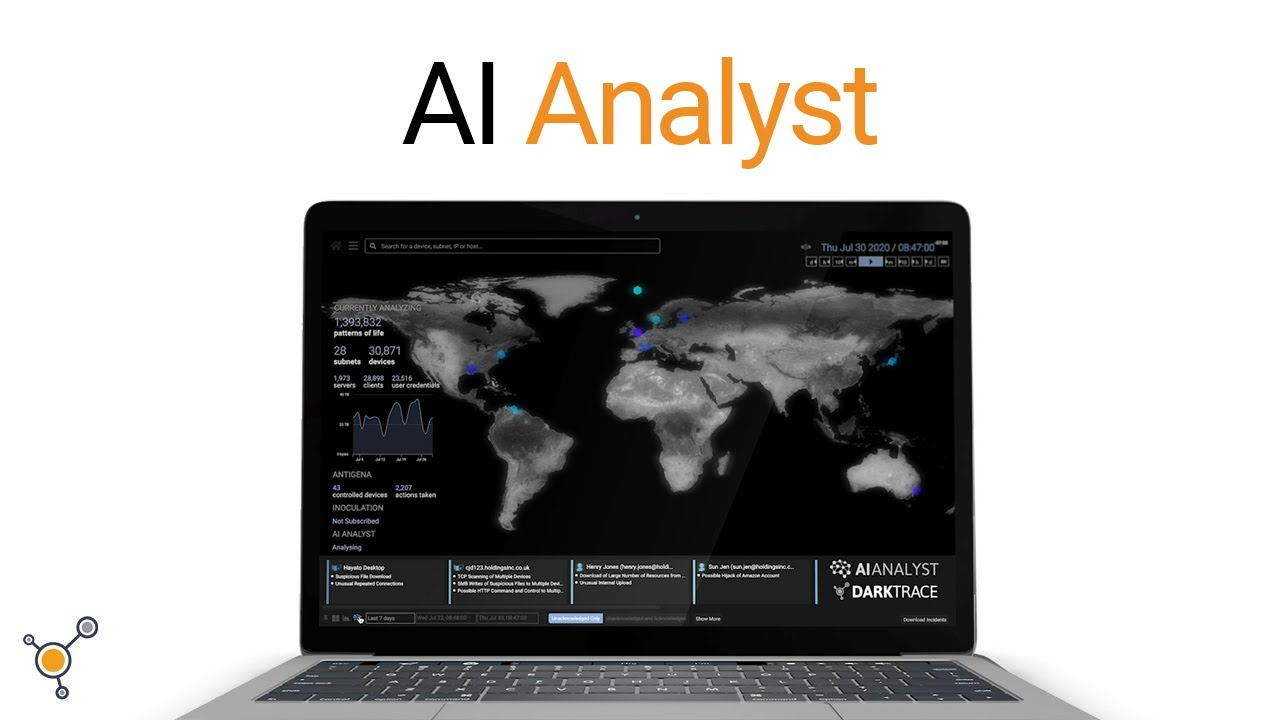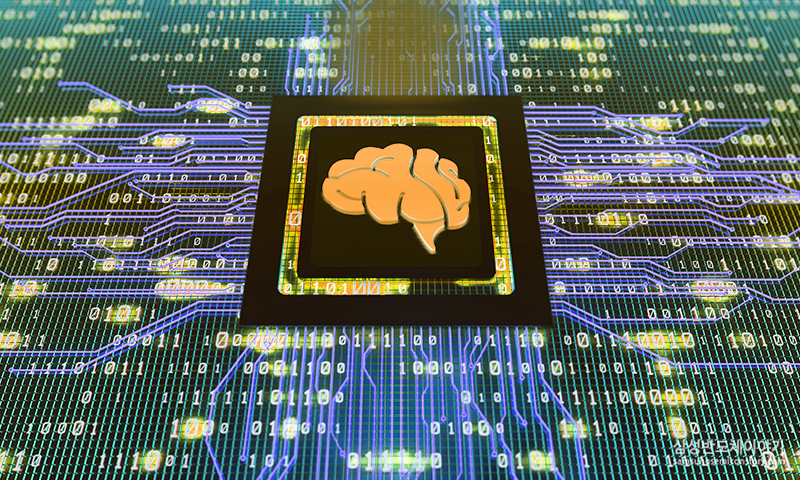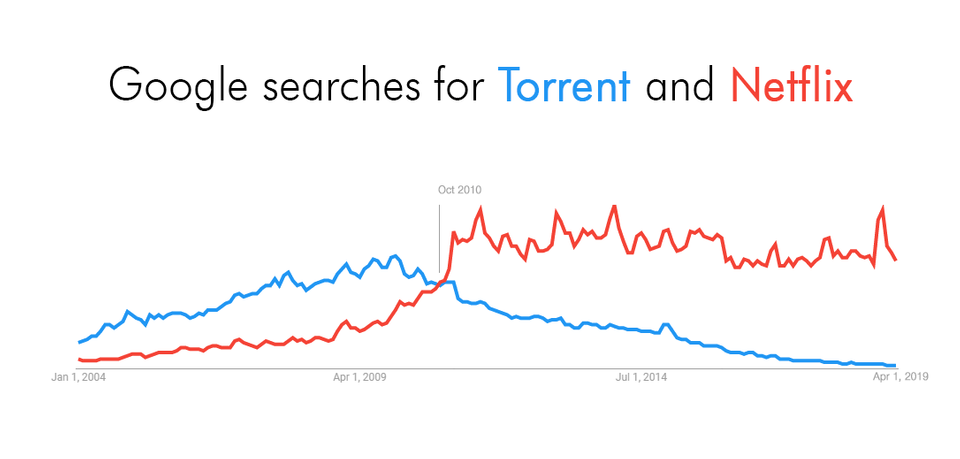The Exciting AI Revolution: Shaping Our Future and Opportunities
The world of AI is rapidly expanding, and its applications are transforming various aspects of our lives. In this blog post, we'll explore some of the most promising fields where AI is making a significant impact, such as language translation, legal advice, content creation, database management, healthcare, autonomous vehicles, and finance. We'll also discuss the skills needed to thrive in the AI-driven future, the industries that might face disruption, and the importance of nurturing the right talent in the age of AI.
Upcoming AI-related industries
1.
Language translation and
natural language processing:
AI has revolutionized language translation, making it faster and more accurate than ever before. Natural Language Processing (NLP) enables AI to understand and generate human-like responses, opening doors to new possibilities in communication and breaking down language barriers.
2.
Legal advice and
assistance:
AI-powered tools are transforming the legal industry by automating tasks like document review, legal research, and even providing advice on simple legal matters, freeing up lawyers to focus on more complex tasks.
3.
Content creation and
personalization:
Thanks to AI, we can now easily create and customize content in various forms such as images, videos, and music. AI-driven tools can generate unique artwork, compose music, and even write scripts for movies, making content creation more accessible to everyone.
4.
Database management and
querying:
AI is also making waves in database management by learning to create and optimize queries, making data retrieval more efficient and intuitive. AI can even help extract relevant information from vast datasets without the need for traditional query languages.
5.
Healthcare and medical
diagnosis:
AI is playing a significant role in healthcare by assisting in medical diagnosis, drug discovery, and personalized treatment plans. AI-powered tools can analyze medical images and patient data to provide more accurate diagnoses, ultimately leading to better patient outcomes.
6.
Autonomous vehicles and
transportation:
Self-driving cars and other autonomous vehicles are becoming a reality thanks to advancements in AI. These vehicles can navigate and make decisions in real-time, potentially reducing traffic accidents and making transportation more efficient.
7.
Finance and technical
analysis:
AI is transforming the financial industry by automating tasks such
as risk assessment, fraud detection, and technical analysis. Advanced
algorithms can analyze market trends and make predictions, helping investors
and traders make more informed decisions.
The importance of nurturing talent in the AI era:
As AI continues to evolve, the demand for
skilled professionals who can understand, develop, and work with AI will grow.
Some of the most critical skills and talents required in the AI era include:
1.
Communication and
collaboration
Effective communication and collaboration are crucial skills in the AI era. People often have their own unique needs, but they may struggle to express them accurately using various modalities. This can lead to AI systems not producing the desired results. Therefore, it is essential to develop strong communication skills that enable individuals to accurately identify and convey their needs to AI systems. By doing so, they can work more efficiently with AI technologies and ensure that the outcomes align with their expectations. This improved communication will foster better collaboration between humans and AI systems, ultimately resulting in more successful and fulfilling interactions.
2.
Data analysis and
interpretation
Professionals who can collect, analyze, and interpret data that AI cannot access, such as proprietary information, will be highly valued.
3.
Ethics and
responsibility
As AI becomes more prevalent, understanding the ethical implications of AI use and ensuring responsible development and deployment will be essential.
4.
Domain expertise
Combining AI with domain-specific knowledge, such as medicine,
finance, or law, will create a powerful synergy that can drive innovation and
progress.
Industries facing disruption due to AI:
1.
Manufacturing
AI-powered automation and robotics are expected to disrupt the
manufacturing industry, leading to increased efficiency and reduced reliance on
manual labor.
2.
Retail and customer
service
AI-driven chatbots and virtual assistants are changing the way
businesses interact with their customers, potentially replacing human customer
service representatives in many instances.
3.
Transportation and
logistics
As autonomous vehicles become more prevalent, the
need for human drivers in the transportation
and logistics industry may decrease significantly.
4.
Journalism and content
creation
AI-generated content is becoming more sophisticated, which may lead
to a reduced need for human writers and journalists in some cases.
Conclusion
AI is rapidly transforming the world around us, presenting numerous opportunities and challenges. As we embrace this new era, it is essential to focus on the skills and talents needed to thrive in an AI-driven future. Industries must adapt and evolve to stay competitive, and individuals must hone their abilities to work alongside AI systems effectively.
The potential of AI is vast and
ever-growing, making it an exciting time for innovation and progress. By
staying informed and embracing the changes that AI brings, we can ensure a
brighter future for ourselves and the generations to come.










Comments
Post a Comment